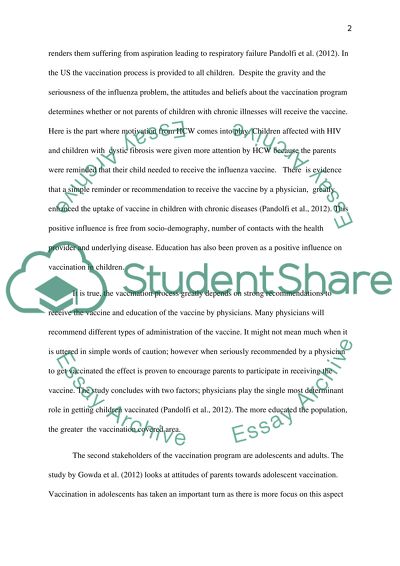Cite this document
(“The different opinions about vaccinating/immunizations Essay”, n.d.)
Retrieved from https://studentshare.org/health-sciences-medicine/1487894-the-different-opinions-about-vaccinating
Retrieved from https://studentshare.org/health-sciences-medicine/1487894-the-different-opinions-about-vaccinating
(The Different Opinions about vaccinating/Immunizations Essay)
https://studentshare.org/health-sciences-medicine/1487894-the-different-opinions-about-vaccinating.
https://studentshare.org/health-sciences-medicine/1487894-the-different-opinions-about-vaccinating.
“The Different Opinions about vaccinating/Immunizations Essay”, n.d. https://studentshare.org/health-sciences-medicine/1487894-the-different-opinions-about-vaccinating.


